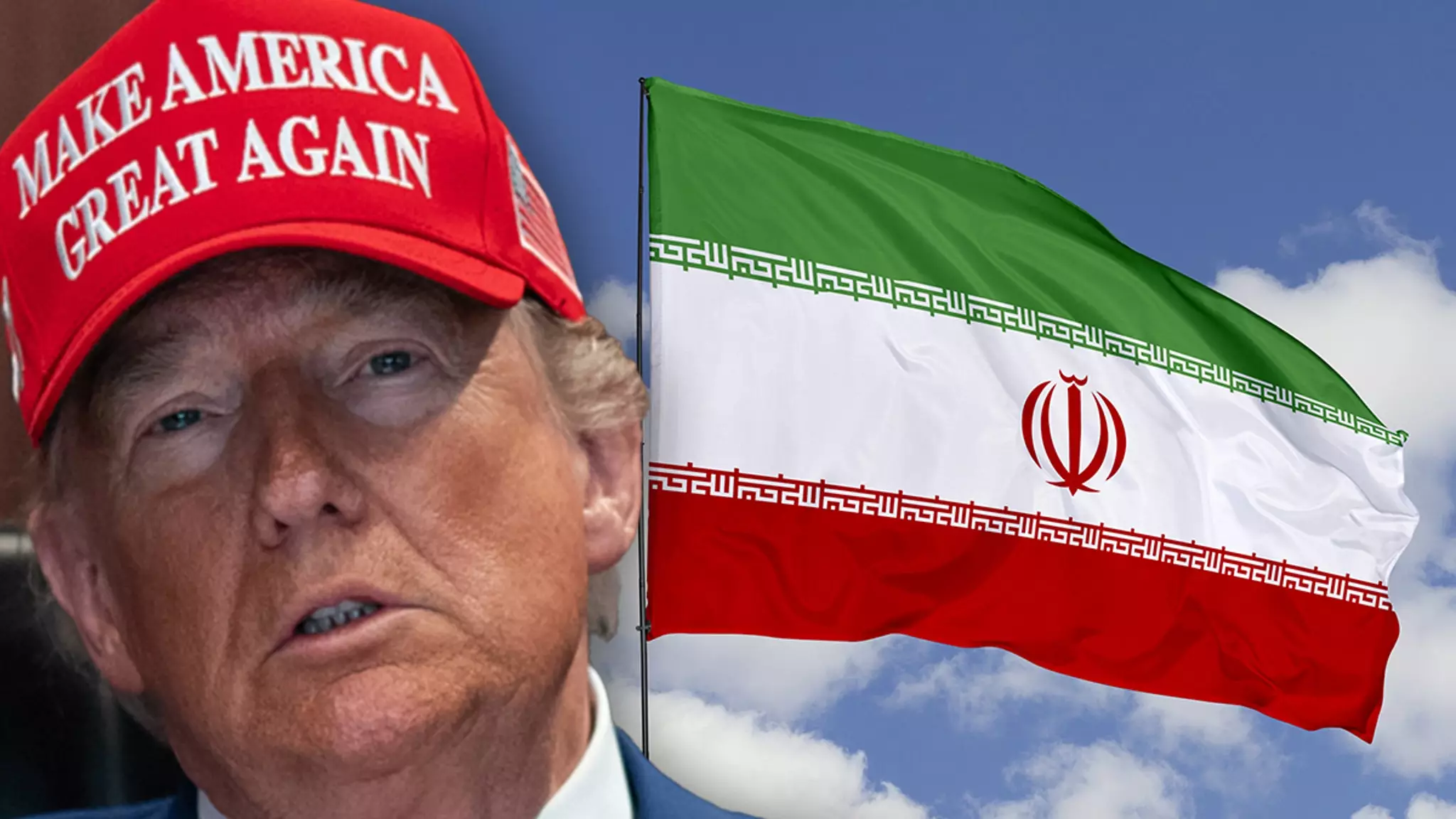In an intriguing pivot from his “America First” stance, former President Donald Trump has ignited conversations regarding potential regime change in Iran through a blend of provocation and nostalgia. Following a shocking bombing of Iranian nuclear facilities, Trump’s actions and words have sent ripples through both domestic and international political landscapes. Utilizing the now-familiar slogan “Make Iran Great Again” (MIGA), Trump is clearly signaling a desire for transformation within Iran, albeit one that could incite further tensions. This new rhetoric raises questions about the implications of American foreign policy in volatile regions and the motivations behind Trump’s sudden interest in Iranian affairs.
Context of Regime Change Discussions
While Trump’s statement invokes a sense of empowerment and urgency, it is laden with complex nuances that go beyond mere sloganism. Initially addressing the Iranian leadership’s failure to enhance national prosperity, Trump poses the provocative question: if the current regime can’t facilitate greatness, why not consider a change? The use of “regime change” echoes historical American interventions, prompting both supporters and critics to ponder the legitimacy and repercussions of such aspirations. Secretary of Defense Pete Hegseth, however, provides a counter-narrative by clarifying that recent military actions were focused on dismantling nuclear capabilities rather than instigating governmental upheaval. This discrepancy indicates a potential schism in the Trump administration’s strategy that could have far-reaching consequences.
The Weight of Symbolism
The stark imagery of the phrase “MIGA” serves as a stark reminder of Trump’s previous campaign towards American conservatism—transformative yet divisive. Such symbolic language not only galvanizes Trump’s base but also summons forth imagery that is both aspirational and nostalgic. Ironically, the prospects of the Iranian populace donning red baseball caps emblazoned with “Make Iran Great Again” are quite far-fetched, considering the regime’s notorious crackdowns on free expression and political dissent. This juxtaposition of a hopeful message against the backdrop of authoritarian suppression amplifies the challenges of effectively promoting change in such repressive environments.
Public Response and Geopolitical Tensions
The aftermath of Trump’s declarations has generated a mixed bag of reactions both at home and abroad. His followers are likely to rally around the sentiments expressed, viewing Trump as a figure of strength and a champion for oppressed populations. However, critics fear that these sentiments could further escalate tensions between the U.S. and Iran, deepening the cycle of conflict rather than paving the way for constructive discourse. The ease with which imagery and slogans can be weaponized in political discussions is concerning, as they often obscure the complex realities on the ground.
In essence, Trump’s call for potential regime change encapsulates a desire for empowerment amidst chaos, yet it raises uncomfortable questions about the responsibilities of foreign powers in shaping the trajectories of sovereign nations. As the dust settles from military actions and political proclamations, the world watches closely—and what unfolds could redefine not just Iranian landscapes, but the principles governing international relations as well.

